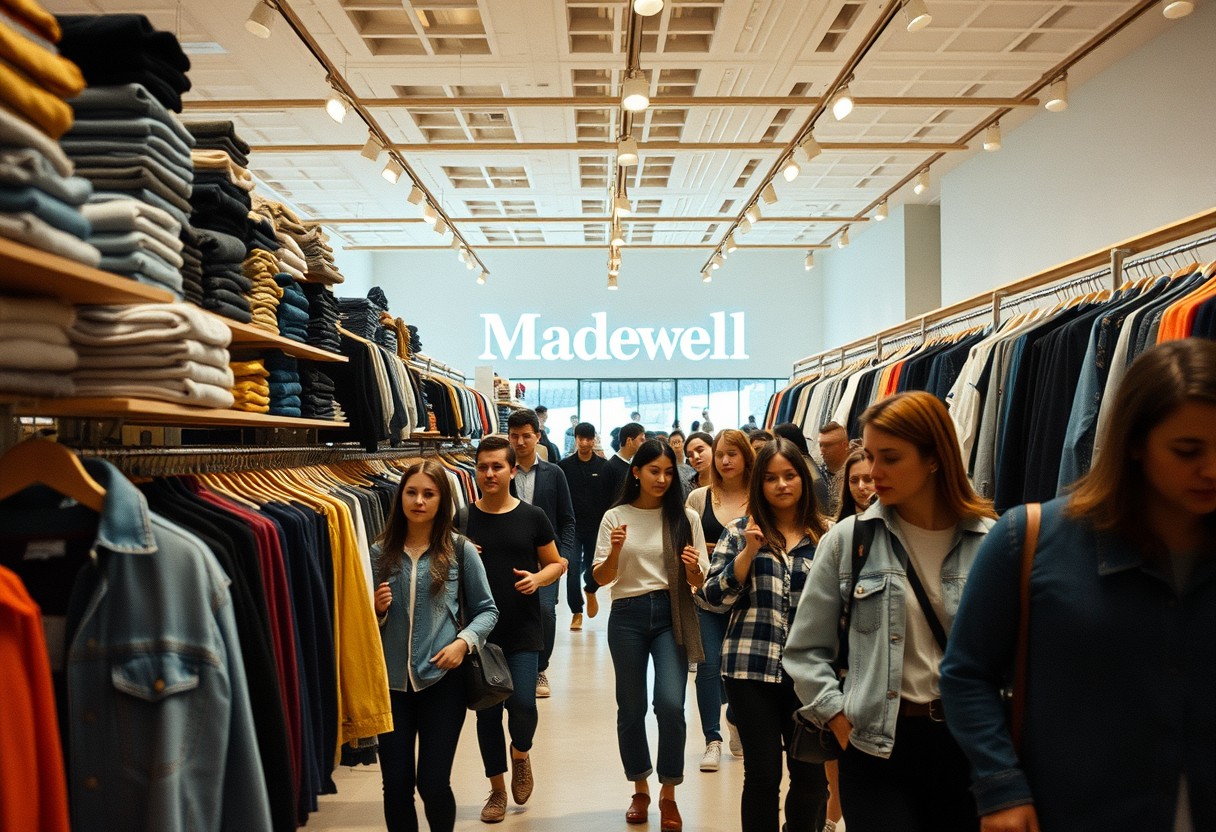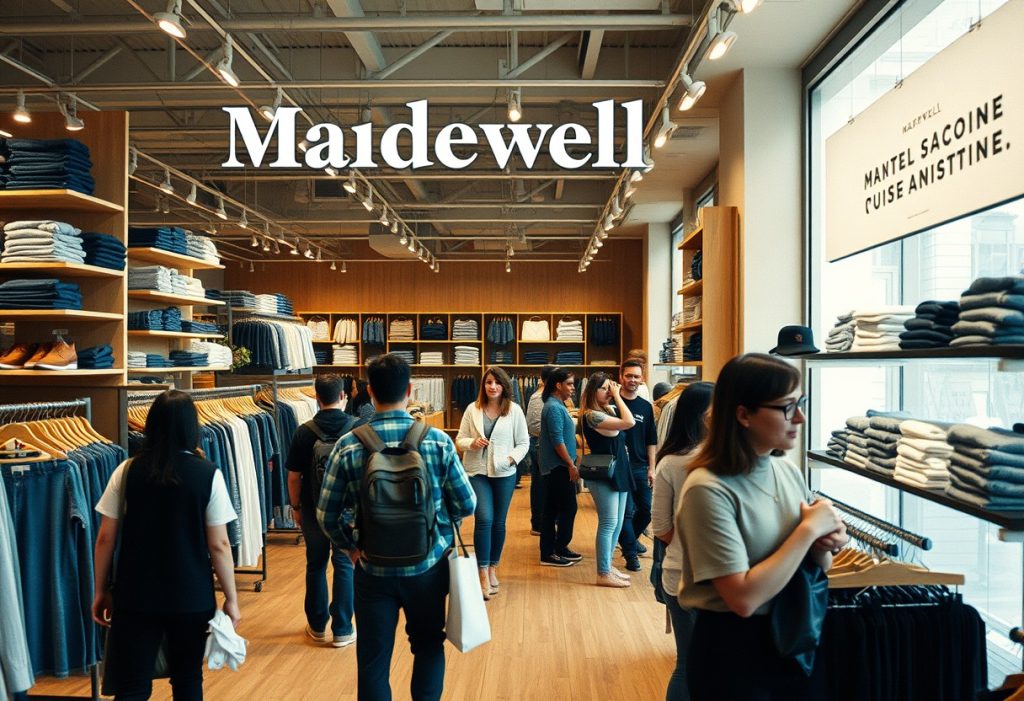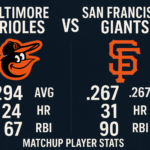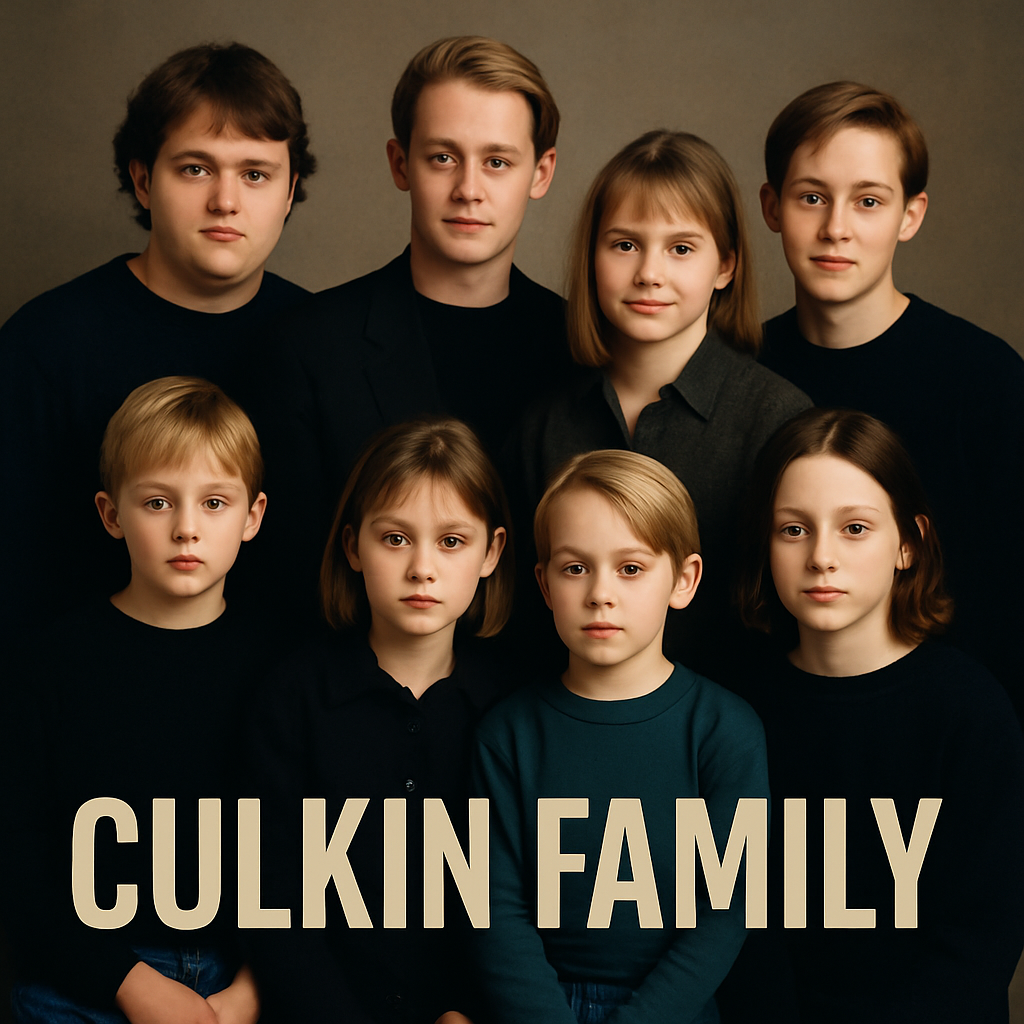Many consumers today are becoming increasingly aware of the implications of fast fashion on the environment and labor practices. As you explore your shopping options, it’s vital to understand whether Madewell, a popular brand known for its denim and casual wear, falls into the fast fashion category. This post will guide you through Madewell’s business practices, sustainability initiatives, and the overall impact of its production model, helping you make informed decisions about your wardrobe choices.
Understanding Fast Fashion
While the fashion industry constantly evolves, understanding the concept of fast fashion is crucial for mindful consumers. Fast fashion refers to the business model where clothing manufacturers design, produce, and market garments in rapid cycles to quickly capture trends and consumer demands. By focusing on speed and low-cost production, brands can offer trendy items at accessible prices, often at the expense of quality and ethical practices.
Definition of Fast Fashion
To put it simply, fast fashion is a method of producing clothing that emphasizes quick turnaround times and affordability, allowing trends to be delivered to consumers almost instantly. This model prioritizes fast production over sustainable practices, leading to a cycle of overconsumption and waste.
Characteristics of Fast Fashion Brands
Fashion retailers that fall under the fast fashion umbrella typically share several key characteristics. They produce clothing collections based on trending styles and consumer preferences, offer low price points, and frequently update their inventory to keep pace with the rapidly changing fashion landscape.
With a focus on speed and cost-effectiveness, fast fashion brands often rely on outsourcing manufacturing to countries with lower labor costs, resulting in cheaper production but also raising concerns about labor practices and environmental impact. You may notice that these brands frequently release new collections, encouraging you to buy on impulse and discard items quickly, perpetuating a cycle of consumption that can be both unsustainable and ethically questionable.
Madewell’s Business Model
You may find yourself wondering about Madewell’s operational framework and how it fits into the larger conversation about fast fashion. The brand focuses on providing high-quality, stylish clothing primarily geared towards casual wear, while also emphasizing a timeless aesthetic. Madewell aims to strike a balance between affordability and quality, allowing you to enjoy fashionable pieces that feel accessible without sacrificing your budget. However, the question remains whether such a model contributes to a fast-fashion mindset or offers a more sustainable approach. For those seeking options, check out Ethical Alternatives to Madewell—Updated for 2022 for better choices.
History of Madewell
History shows that Madewell was founded in 1937 as a workwear brand, initially focusing on denim products. The brand has evolved over the decades, ultimately finding its place under the J.Crew Group in the early 2000s. Since then, it has garnered a loyal customer base while expanding its offerings to embrace modern fashion trends.
Production Practices and Sourcing
History indicates that Madewell employs a mixed production strategy that raises questions about sustainability. The brand sources materials from various global manufacturers, which impacts the ethical quality of its clothing. While Madewell has made strides in responsible sourcing, the reliance on overseas manufacturing often brings concerns about labor practices and environmental impacts.
The brand claims to be aware of these issues and has taken steps toward improvement, such as incorporating organic and recycled materials into their production. However, the vast majority of production still occurs in countries where labor laws can be less stringent. This complicates Madewell’s ethical standing as it struggles to balance cost-effectiveness with a commitment to better production practices. As you consider your fashion choices, it’s important to reflect on how these sourcing practices align with your values.

Madewell’s Sustainability Efforts
The brand Madewell has made significant strides in promoting sustainability in the fashion industry. They understand the growing concern around fast fashion and have introduced various initiatives to minimize their environmental footprint while still delivering stylish, high-quality clothing to their customers.
Eco-Friendly Materials
One way Madewell is championing sustainability is by incorporating eco-friendly materials into their products. They use organic cotton, recycled fibers, and natural dyes to reduce the impact of their production processes, ensuring you can feel good about your wardrobe choices.
Sustainable Fashion Initiatives
Madewell’s approach to sustainable fashion initiatives goes beyond just materials. This includes their “Well Threads” collection, which focuses on using responsible manufacturing methods and investing in transparency throughout their supply chain. Furthermore, they run a program encouraging customers to recycle their jeans, promoting a circular fashion model that helps keep clothing out of landfills. With these efforts, you can enjoy stylish pieces while supporting a more sustainable apparel industry.
Consumer Perception of Madewell
To understand Madewell’s place in the fashion landscape, it’s crucial to examine consumer perceptions. This brand has cultivated a distinct image and loyal following, influencing how customers view its impact on fast fashion.
Brand Loyalty and Image
Image plays a critical role in brand loyalty towards Madewell. Many consumers feel a deep connection with the brand, drawn to its commitment to quality and timeless style. This loyalty often translates into repeat purchases, as customers believe they are investing in a brand that aligns with their values.
Comparison with Other Brands
Image matters when comparing Madewell with other brands. The table below shows your options in terms of brand perception:
Comparison of Madewell with Other Brands
| Brand | Consumer Perception |
|---|---|
| Madewell | Quality, sustainability, and timelessness |
| Zara | Trendy, rapid turnover, and low pricing |
| Everlane | Transparent practices and ethical sourcing |
It’s important to note that while Madewell positions itself as more sustainable than typical fast fashion brands, your perception of its status versus brands like Zara or Everlane may differ. The comparison reflects your values as a consumer—whether you prioritize trends, price, or ethical considerations in your shopping decisions.
Consumer Preferences in Fashion
| Preference Type | Madewell |
|---|---|
| Quality | High, with an emphasis on durability |
| Sustainability | Promoted through various initiatives |
| Affordability | Moderate, with higher price points than fast fashion |
By analyzing your preferences alongside these brands, you can better understand Madewell’s unique position in the market. This information empowers you to make conscious choices that align with your values and economic considerations when shopping.
To Wrap Up
Considering all points, you can determine that while Madewell offers stylish, quality products, it operates within a market that shares characteristics with fast fashion. Although the brand emphasizes sustainability and responsible sourcing, its frequent turnover of styles and mass production practices can align it with fast fashion trends. As a conscious consumer, it’s important for you to evaluate your purchasing choices critically and consider supporting brands that prioritize ethical production and sustainability initiatives.
FAQ
Q: Is Madewell considered a fast fashion brand?
A: Madewell is often discussed in the context of fast fashion because it produces a variety of trendy clothing items at relatively low prices. However, Madewell differs from traditional fast fashion brands as it emphasizes quality, sustainability, and timeless styles. The brand focuses on creating long-lasting basics rather than constantly rotating new collections. This approach means that while Madewell operates within a fast-paced retail environment, it seeks to provide consumers with more durable options that encourage mindful consumption.
Q: What sustainability practices does Madewell have in place?
A: Madewell has made several commitments to improve its sustainability practices. The brand has launched initiatives such as denim recycling programs, where customers can bring in old jeans for recycling, and it aims to use more sustainable materials in its products. Madewell has also partnered with organizations that focus on environmental conservation and strives to reduce water usage and waste in its production processes. These efforts indicate a move towards responsible fashion rather than the fast fashion model that prioritizes overproduction and waste.
Q: How can consumers distinguish between Madewell and traditional fast fashion brands?
A: Consumers can differentiate Madewell from traditional fast fashion brands by looking at several factors: product quality, design philosophy, and company initiatives. Madewell focuses on producing high-quality, classic pieces that stand the test of time, rather than chasing fleeting trends. Additionally, the brand emphasizes responsible sourcing and production methods, setting it apart from fast fashion brands that often prioritize speed and cost-cutting over sustainability. Lastly, checking for initiatives aimed at reducing environmental impact, such as commitment to sustainable sourcing and recycling programs, can help consumers recognize the values being upheld by Madewell in comparison to more conventional fast fashion retailers.







